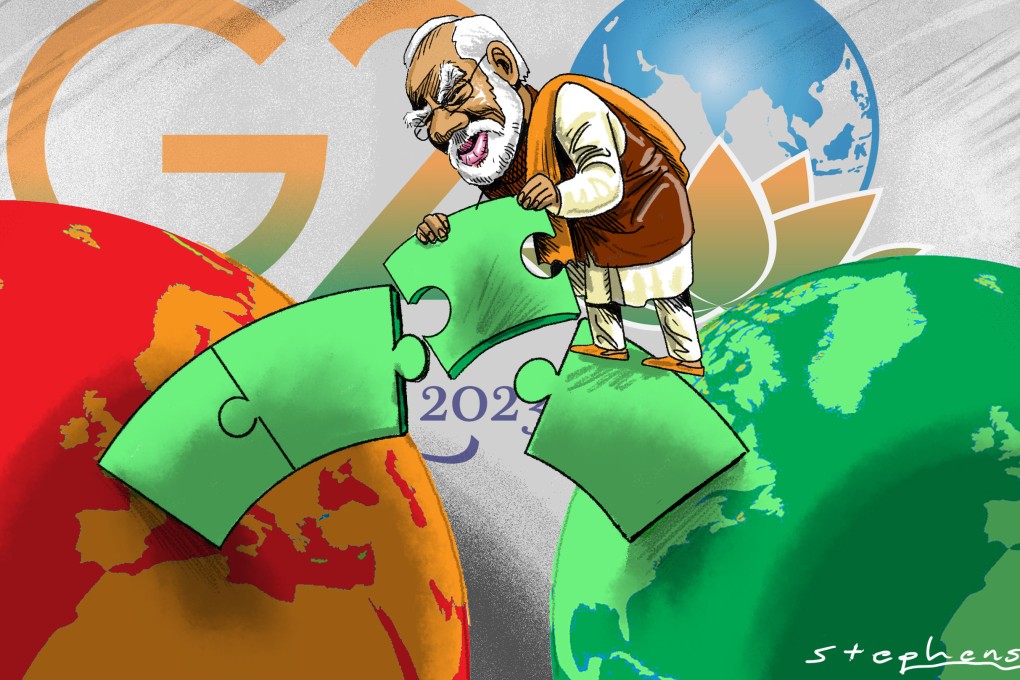Advertisement
Opinion | Can India be the net-zero champion the Global South needs?
- The green transition that all economies must make to avert climate disaster will require hefty investments the developing world just does not have. India must use its G20 presidency to bridge the funding and skills gap
Reading Time:4 minutes
Why you can trust SCMP

As extreme climatic events such as the wildfires that ravaged the Hawaiian island of Maui and the bitter winter in Afghanistan dominate headlines, while being referred to by many as the new normal, it is a clear signal that climate change has taken hold.
Advertisement
The current trajectory of carbon emissions puts the world on track for catastrophic events that impact both people and the planet. The latest report by the UN Intergovernmental Panel on Climate Change warns that only a limited window of time remains before temperatures rise more than 1.5 degrees Celsius, and once this threshold is passed, the impact of climatic events will be even more severe.
Against the backdrop of this looming crisis and the inability of the Global North and South to come together in addressing the challenge, the concept of a “just transition” is becoming increasingly popular in climate policy discussions.
Reaching the global net-zero goal of the Paris Agreement require mass-scale transformation of industries and economies, inevitably bringing job losses as economies scale down carbon-emitting industries. Measures to achieve global carbon neutrality will have varying effects on different social groups and regions, which legitimises the need for a just green transition.
In a 2018 report, the International Labour Organization projected that the scaling down of resource-intensive industries would lead to about 6 million job losses. However, the growth of energy-efficient sectors, such as those involved in the production of greener buildings and electric vehicles, could create 24 million jobs, with implementation of sustainable practices and just transition policies.
Advertisement
Transitioning to a net-zero economy involves significant investments in new infrastructure and technologies. Thus, the real challenge of the transition will be in emerging and developing nations, where the financing needs for net-zero and climate action are the greatest while access to and the cost of capital can be a bottleneck.

Advertisement
